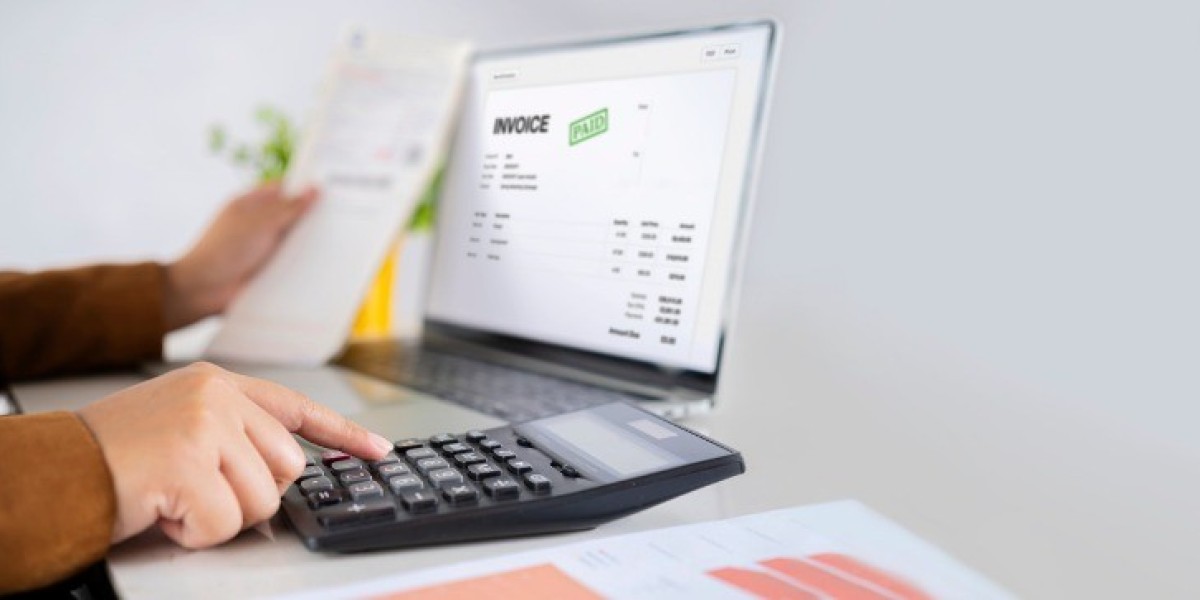Credit reports play a huge role in financial decisions, impacting everything from loans and interest rates to rental agreements and employment prospects. With this influence, it’s easy to understand why some people may feel tempted to “boost” their score using a fake credit report. However, while this option might seem like a quick fix, there’s a lot more at stake than a few extra points on your credit score. Here’s what you need to know if you’re considering going down this risky road.
What is a Fake Credit Report?
A fake credit report is essentially a doctored or fabricated document that presents an inaccurate portrayal of a person’s financial standing and credit history. While it may look authentic, containing similar information to that in a real report, it’s created with the intent to deceive lenders or institutions. Some individuals create these reports in an attempt to qualify for loans or avoid the repercussions of poor financial habits.
Why People Turn to Fake Credit Reports
Fake credit reports are often used by those facing immediate financial pressures or by individuals who don’t want to wait through the time-consuming process of improving their credit naturally. People may feel tempted to fake their credit score due to:
- High levels of debt
- Inability to qualify for necessary loans
- Pressure from potential landlords
- Desperation in financial emergencies
The Dangers of Using a Fake Credit Report
The risks associated with using a fake credit report are severe and can lead to substantial legal, financial, and personal consequences. Here are some of the main dangers:
Legal Consequences
Using a fake credit report is considered fraud, which is a criminal offense with potentially serious penalties, including fines and jail time.Financial Repercussions
Even if you manage to deceive one lender, any discrepancies that come up later can lead to loan rejection, revoked approvals, and potential legal action.Damage to Credit Reputation
If caught, lenders and financial institutions may view you as high-risk or fraudulent, impacting your reputation and ability to secure future loans.

Legal Implications of Fake Credit Reports
Many people overlook just how serious the legal consequences of a fake credit report can be. In many jurisdictions, altering or presenting false financial documents qualifies as fraud. If convicted, individuals may face not only jail time but also financial penalties and a criminal record, which can haunt them long after the initial offense.
Can a Fake Credit Report Help Improve Credit?
The idea that a fake credit report can help one’s financial standing is a misconception. Credit improvement is based on positive, real financial behavior, such as timely bill payments and responsible credit usage. Falsifying a report might get you a short-term benefit, but it doesn’t actually improve your credit. In fact, it’s a violation of legal standards and financial ethics.
How Credit Bureaus Detect Fake Credit Reports
Financial institutions use increasingly sophisticated methods to detect fraud, including:
Verification of Report Details
Lenders often contact credit bureaus to verify the authenticity of the information presented.Data Cross-Checking
Systems can now cross-check data, catching inconsistencies in income, accounts, and payment histories.
The Risks of Getting Caught
Getting caught with a fake credit report is not uncommon, and the consequences can be severe. Lenders have extensive fraud detection systems, and if you’re flagged, you could face legal action, immediate denial of loans, and a permanent mark on your credit record. Even future applications could be scrutinized more closely due to this past misstep.
Alternatives to Using a Fake Credit Report
Fortunately, there are legitimate ways to improve your credit score. Instead of resorting to a fake credit report, consider the following options:
- Credit Counseling: Many organizations offer free or low-cost credit counseling services.
- Budgeting: Creating and sticking to a budget can reduce debt faster.
- Debt Management Plans: These plans allow you to consolidate and manage your debts in a more structured manner.
Steps to Improve Your Credit Score Naturally
Building credit takes time, but the results are lasting. Here are some steps to get started:
Pay Bills on Time
Timely payments are one of the most critical factors for credit scores.Keep Credit Card Balances Low
High credit utilization can hurt your score, so aim to keep balances below 30% of your credit limit.Avoid Opening Too Many Accounts
Each new account results in a “hard inquiry,” which can temporarily lower your score.

Building a Strong Financial Profile Over Time
When it comes to credit, slow and steady truly wins the race. By consistently making smart financial decisions, you build a reputation as a responsible borrower. Good financial habits, such as paying bills on time and keeping debt levels low, naturally enhance your credit profile.
The Role of Professional Credit Counseling
If managing your credit score seems overwhelming, consider enlisting the help of a professional credit counselor. They can provide guidance on debt management, budgeting, and improving your credit report in a safe, lawful way.
The Impact of Responsible Borrowing on Credit
Your credit score benefits significantly from responsible borrowing. Making on-time payments and reducing overall debt can steadily improve your credit score and make you a more attractive borrower.
Final Thoughts on Fake Credit Reports
While the idea of a fake credit report may seem appealing in the short term, the long-term risks and consequences far outweigh any immediate benefit. Building credit the right way might take time and patience, but it’s the only safe and sustainable method. Avoid the temptation of a quick fix—your financial future will thank you.
Conclusion
Credit reports are central to financial trust and responsibility. While a fake credit report might offer a momentary escape, it ultimately jeopardizes your financial stability, reputation, and future opportunities. True credit improvement is possible with time, patience, and responsible practices, so focus on building your credit score in a way that reflects genuine financial health.
FAQs
What is the penalty for using a fake credit report?
Using a fake credit report is considered fraud, with penalties that can include hefty fines, criminal charges, and even jail time, depending on jurisdiction.Can a fake credit report go undetected?
Modern financial systems are highly effective at detecting inconsistencies and fraudulent reports, so the chances of going undetected are slim.What are safer alternatives to boost my credit score?
Consider methods such as credit counseling, creating a budget, paying bills on time, and reducing debt as safe ways to improve your credit score.How long does it take to see improvements in credit?
Positive credit behavior can show results within months, but significant improvements often take six months to a year of consistent effort.



